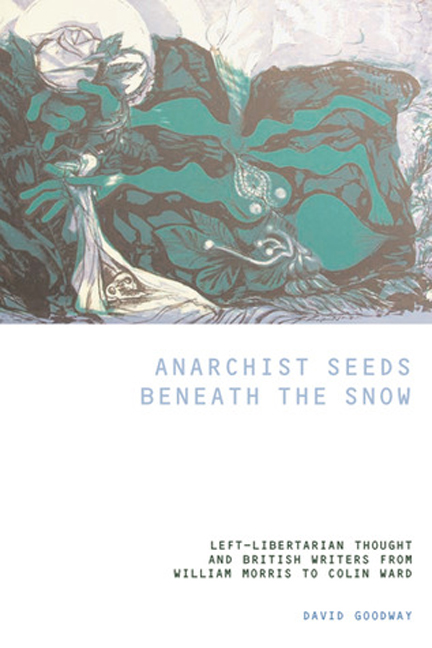 Anarchist Seeds Beneath the Snow
Anarchist Seeds Beneath the Snow Book contents
- Frontmatter
- Contents
- Dedication
- Acknowledgements
- Abbreviations
- 1 Introduction
- 2 Anarchism and libertarian socialism in Britain: William Morris and the background, 1880–1920
- 3 Edward Carpenter
- 4 Oscar Wilde
- 5 John Cowper Powys I: His life-philosophy and individualist anarchism
- 6 The Spanish Revolution and Civil War – and the case of George Orwell
- 7 John Cowper Powys II: The impact of Emma Goldman and Spain
- 8 Herbert Read
- 9 War and pacifism
- 10 Aldous Huxley
- 11 Alex Comfort
- 12 Nuclear disarmament, the New Left – and the case of E.P. Thompson
- 13 Christopher Pallis
- 14 Colin Ward
- 15 Conclusion
- Bibliography
- Index
4 - Oscar Wilde
- Frontmatter
- Contents
- Dedication
- Acknowledgements
- Abbreviations
- 1 Introduction
- 2 Anarchism and libertarian socialism in Britain: William Morris and the background, 1880–1920
- 3 Edward Carpenter
- 4 Oscar Wilde
- 5 John Cowper Powys I: His life-philosophy and individualist anarchism
- 6 The Spanish Revolution and Civil War – and the case of George Orwell
- 7 John Cowper Powys II: The impact of Emma Goldman and Spain
- 8 Herbert Read
- 9 War and pacifism
- 10 Aldous Huxley
- 11 Alex Comfort
- 12 Nuclear disarmament, the New Left – and the case of E.P. Thompson
- 13 Christopher Pallis
- 14 Colin Ward
- 15 Conclusion
- Bibliography
- Index
Summary
Forty to fifty years ago Oscar Wilde's reputation in Britain depended largely on his dazzling wit, dandyism and brilliant plays. Since then the movement for and the attainment of homosexual liberation in Western Europe and North America have led, particularly given the brutality of his two years’ imprisonment with hard labour, to his canonization as a gay ‘icon’; but the same period has additionally seen his acceptance as a major all-round writer. This second process began with the publication in 1962 of Rupert Hart-Davis's magisterial edition of Wilde's correspondence, not only printing for the first time the full text of one of his masterpieces, De Profundis, but also revealing him as a superb letter-writer; continued in 1969 with Richard Ellmann's selection of the essays in The Artist as Critic; and concluded with Ellmann's magnificent critical biography in 1987, it being very relevant that Ellmann's two previous subjects had been W.B. Yeats and James Joyce and that his James Joyce was recognized as one of the great achievements of contemporary literary biography. So the centenary of Wilde's death was in part marked in 2000 by the inauguration of a nine-volume Oxford English Texts edition of The Complete Works of Oscar Wilde, indicative of the full, albeit belated, acceptance of his oeuvre by the academic establishment. For some twenty years twin industries, one gay, the other academic, and frequently both, have been generating publications on Wilde with ever more furious intensity. The lack of verbal elegance and the contorted thinking displayed by many of these is markedly at odds with Wilde's own aphoristic lucidity.
In all of this a notable absence has been informed discussion of Wilde's politics – other than sexual – given that one of his most celebrated and widely read works is his political essay, ‘The Soul of Man under Socialism’. His advocacy of both socialism and individualism has tended to be viewed as a prime Wildean paradox and misconceptions of this basic anarchist formulation and the anarchist position he advocated abound.
- Type
- Chapter
- Information
- Anarchist Seeds Beneath the SnowLeft-Libertarian Thought and British Writers from William Morris to Colin Ward, pp. 62 - 92Publisher: Liverpool University PressPrint publication year: 2006
